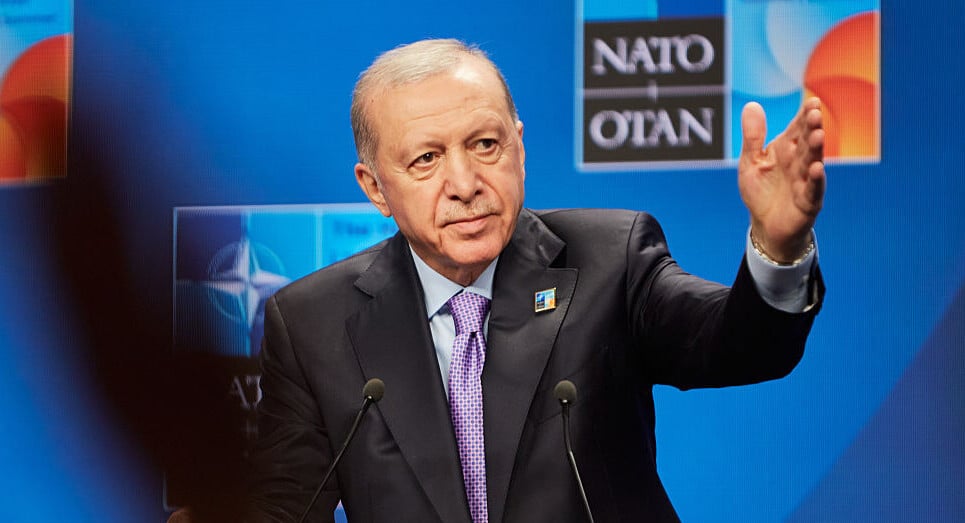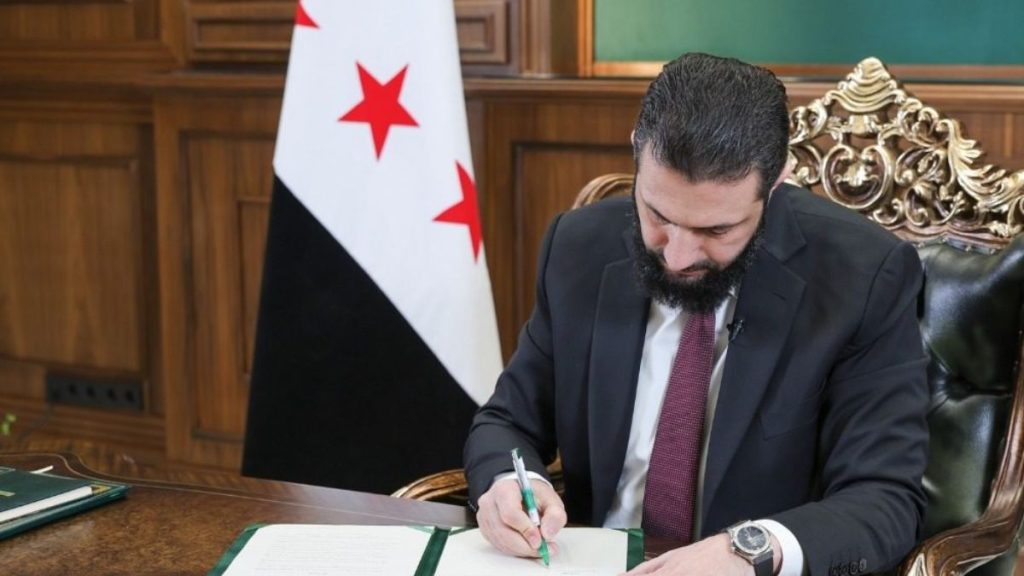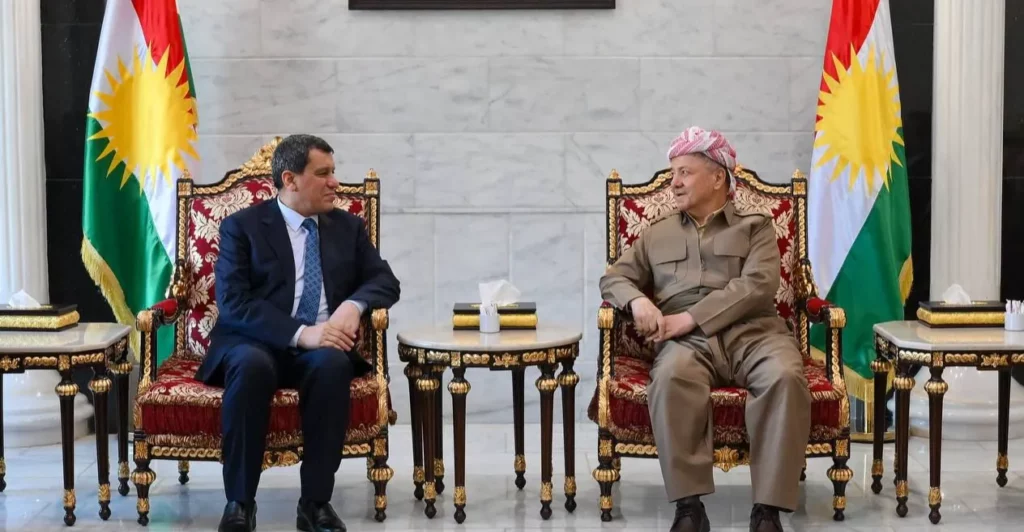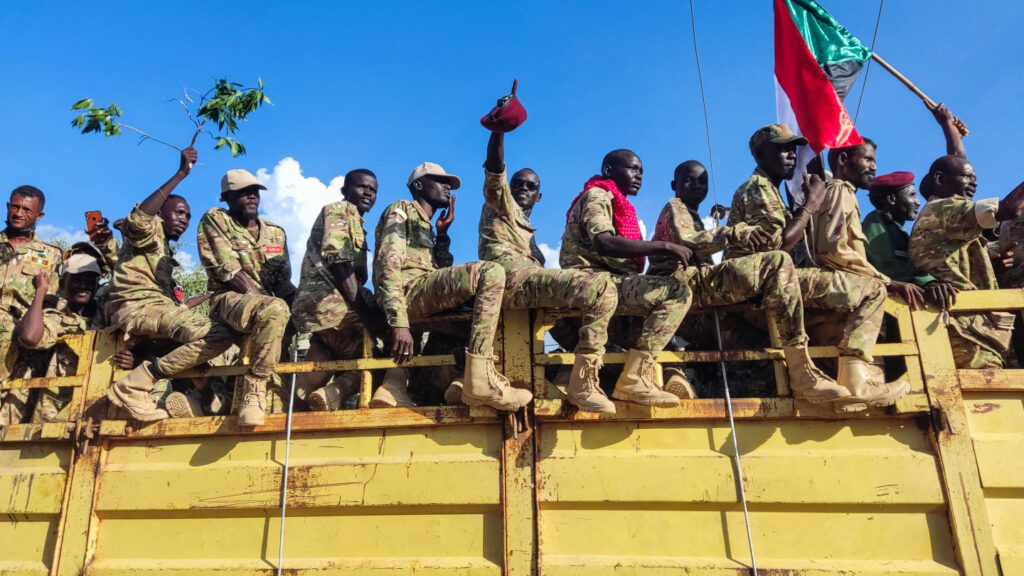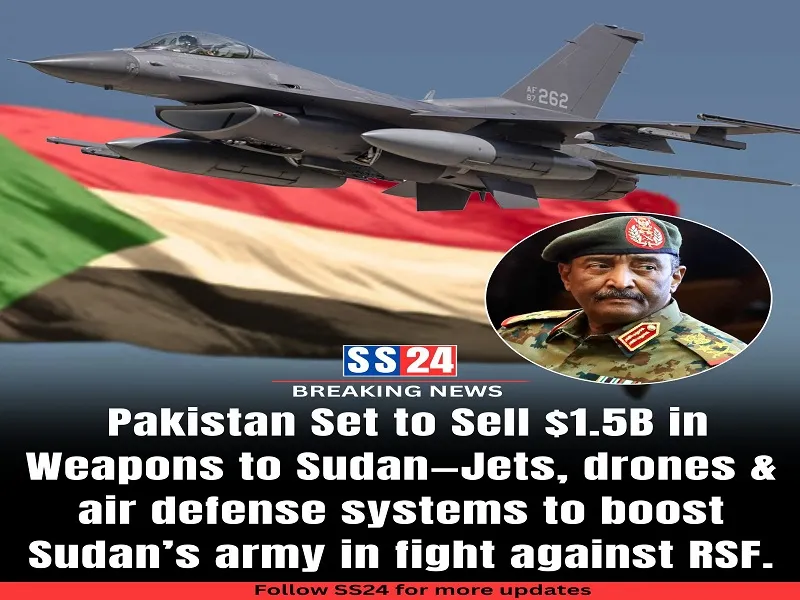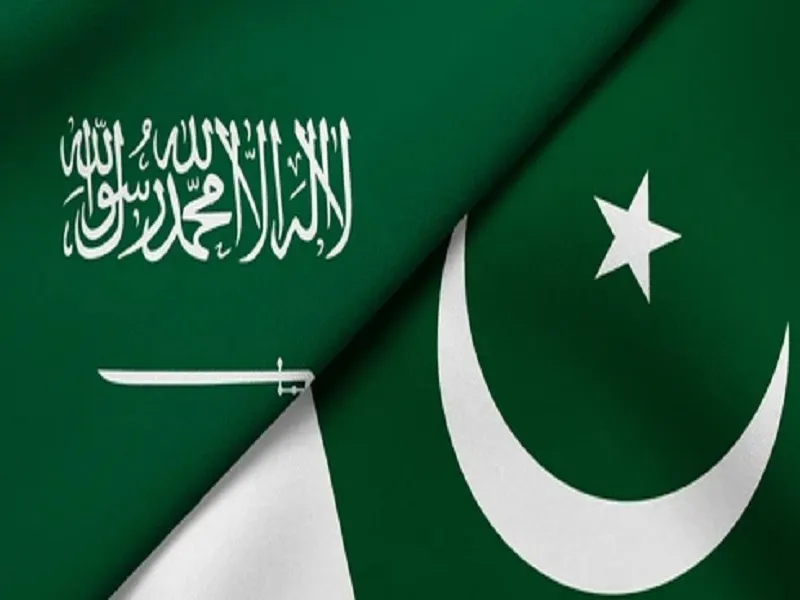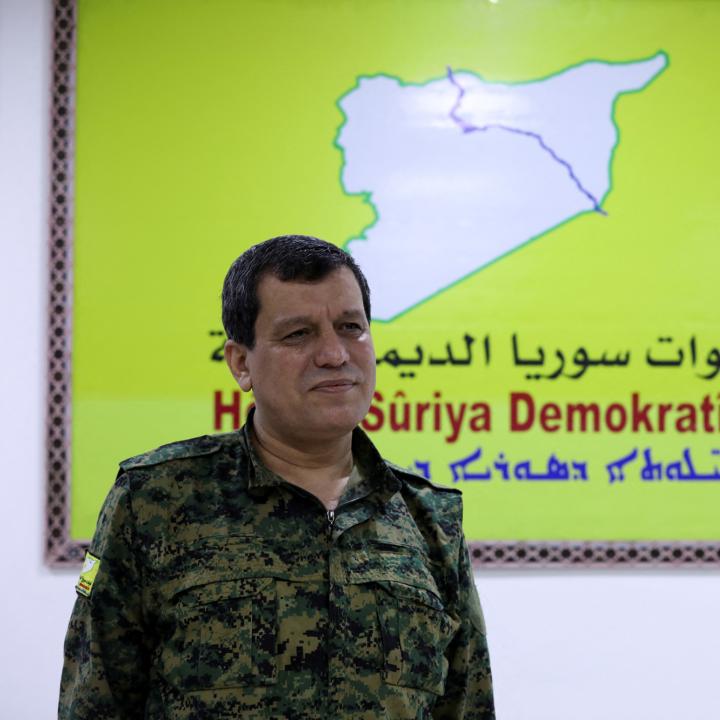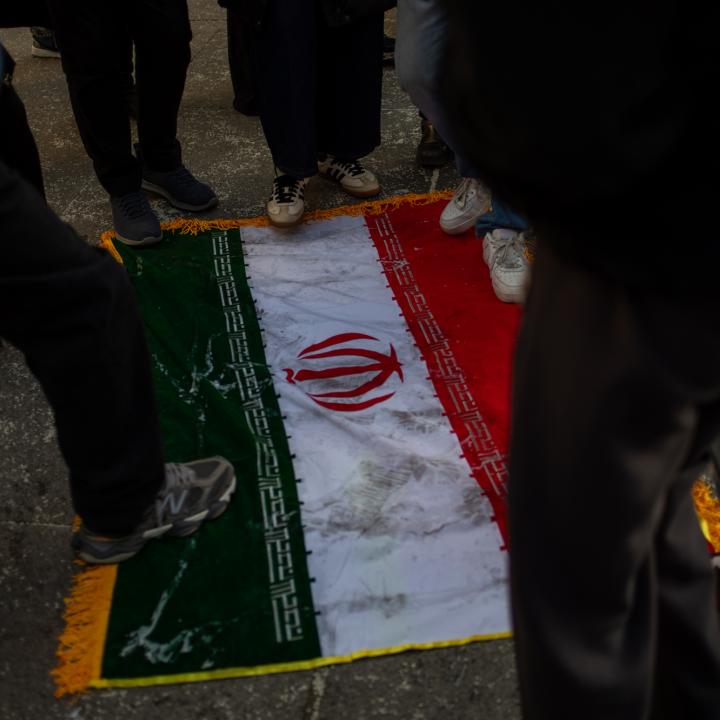SOVEREIGNTY AS A STATE OF EMERGENCY: GEOPOLITICS OF THE TRUMP ERA
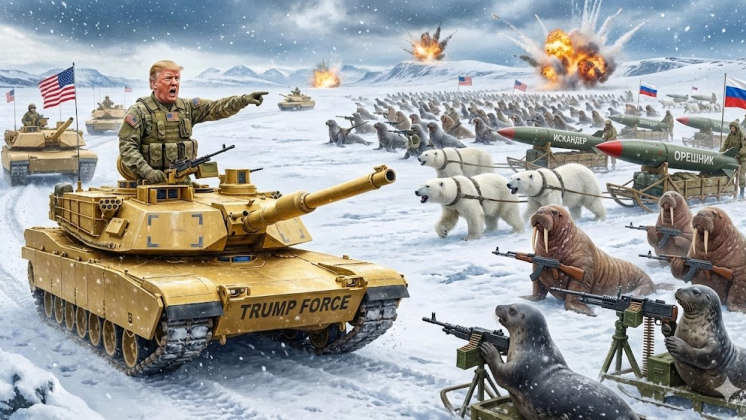
Death of International Law and Celebration “Power Policies”
Question: Alexander Gelevich, let us turn to the turbulence of the turn of 2025-2026. We are witnessing a synchronous escalation: Venezuela, Greenland, Trump’s new rhetoric, instability around Iran. Why did this geopolitical “prodile” fall so hard?

